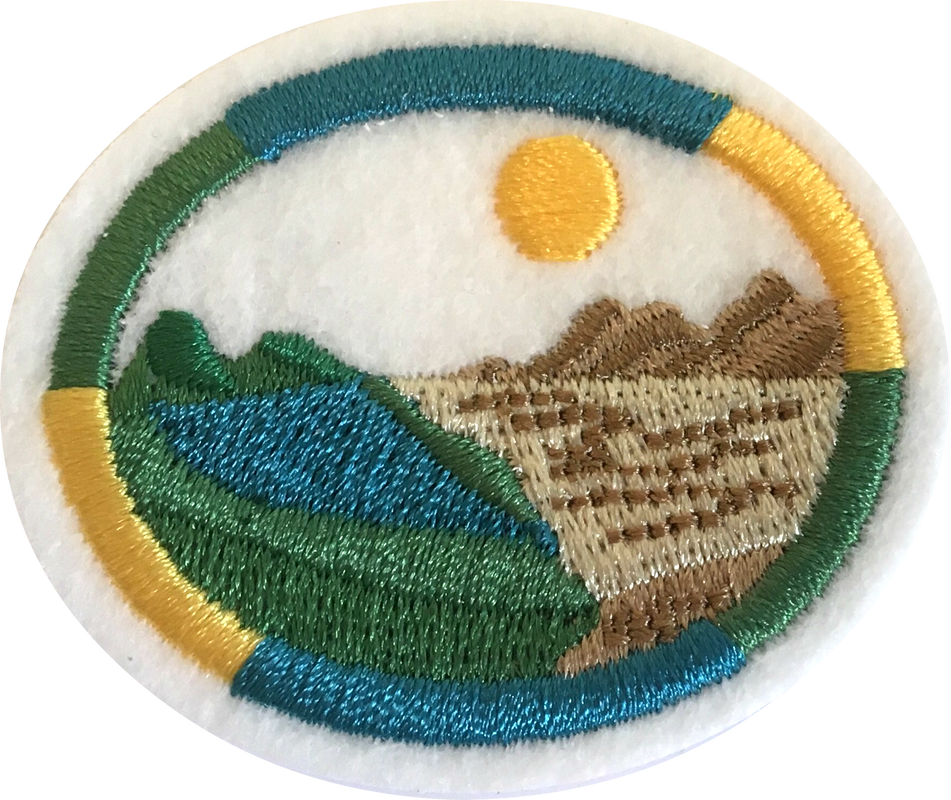Difference between revisions of "AY Honors/Climate Science/Answer Key"
m |
m |
||
| (One intermediate revision by the same user not shown) | |||
| Line 1: | Line 1: | ||
{{HonorSubpage}} | {{HonorSubpage}} | ||
| − | <section begin="Body" /> | + | <section begin="Body" /> |
{{ansreq|page={{#titleparts:{{PAGENAME}}|2|1}}|num=1}} | {{ansreq|page={{#titleparts:{{PAGENAME}}|2|1}}|num=1}} | ||
<noinclude><translate><!--T:62--> | <noinclude><translate><!--T:62--> | ||
| Line 362: | Line 362: | ||
<noinclude><translate></noinclude> | <noinclude><translate></noinclude> | ||
==References== <!--T:56--> | ==References== <!--T:56--> | ||
| − | |||
<!--T:57--> | <!--T:57--> | ||
<noinclude></translate></noinclude> | <noinclude></translate></noinclude> | ||
| + | [[Category:Adventist Youth Honors Answer Book/Do at home{{GetLangSuffix}}]] | ||
{{CloseHonorPage}} | {{CloseHonorPage}} | ||
Latest revision as of 16:59, 3 January 2023
1
Climatology or climate science is the scientific study of Earth’s weather patterns, as well as the weather systems that cause them. It is often referenced as a branch of atmospheric science.
2
3
3a
Climate change can be described as a long term alteration as it relates to the Earth’s climate.
3b
A greenhouse gas is a chemical compound found in the atmosphere of the Earth. Such gases contribute to the greenhouse effect by absorbing infrared radiation which normally escapes Earth’s atmosphere.
3c
Fossil fuels are natural fuels such as coal, natural gas, or crude oil that are formed by the decomposition/remains of living things. By burning such fuels, we contribute to the addition of heat trapping gases found in Earth’s atmosphere.
3d
A situation where and event causes a once livable environment for plants and animals to become unsuitable for living.
3e
Carbon dioxide (CO2) is a naturally present gas in air that is colorless and odorless. It is absorbed by plant and animals by means of photosynthesis, and exhaled by humans.
3f
Emissions are the releasing of greenhouse gases into the air. This process can be achieved by burning fossil fuels, melting permafrost, or industrial level agriculture. Such gasses cause heat to be trapped in the atmosphere, which as a result increases the overall temperature of the Earth.
3g
Sea-level rise is caused by the melting of land ice and glaciers into the ocean. In addition, as water temperatures rise, it begins to expand. These two events can pose a danger to communities that live near coastal waters.
3h
Geoengineering is a term often used to reference climate engineering; the deliberate wide-ranging intervention in the Earth’s climate system, in order to stabilize the effects of global warming.
3i
Deforestation is the removal of a forest or a selected are of trees from land which is then converted to a non-forest use.
4
At minimum, an undergraduate degree is required in order to begin a successful path in any climate science field. A strong understanding of weather, the environment, or resource conservation is required. This may include substantial coursework in biology, chemistry, physics, advanced mathematics, or life sciences, just to name a few.
5
- Environmental Scientist & Engineers
- Water Scientist & Engineers
- Green Building Engineers
- Soil and Plant Scientist
- Animal Scientist
- Food Scientist & Technologist
- Hydrologist
- Climatologist
- Forest Management
- Recycling & Waste Management
- Electrical Vehicle Manufacturing
- Atmospheric Scientist
- Climate Change Analyst
- Cyrosphere Scientist
6
6a
Then the Lord God took the man and put him in the garden of Eden to tend and keep it.
6b
So you shall not pollute the land where you are; for blood defiles the land, and no atonement can be made for the land, for the blood that is shed on it, except by the blood of him who shed it. Therefore do not defile the land which you inhabit, in the midst of which I dwell; for I the Lord dwell among the children of Israel.’ ”
6c
Is it too little for you to have eaten up the good pasture, that you must tread down with your feet the residue of your pasture—and to have drunk of the clear waters, that you must foul the residue with your feet?
6d
I brought you into a bountiful country,
To eat its fruit and its goodness.
And made My heritage an abomination.
But when you entered, you defiled My land
7
- Melting ice caps – polar regions of Earth are melting
- Rising sea levels – a result of melted ice and glaciers
- Stronger storms - Due to warmer water temperatures, we have more frequent and stronger storms sometimes forming into hurricanes.
- Rising earth surface temperatures – hotter than normal days, extending into normally colder seasons
- Polluted air – as a results of ground level ozone from cars and factories alike
8
8a
8b
9
9a
Most plants and animals dwell in areas where its ecosystem plays a major part in sustaining their habitat. Alterations to their environment such as warmer temperatures or shifts in rainfall patterns could potentially force its inhabitants either to relocate, adapt to their new environment, or into extinction.
9b
Changed in the Earth’s climate has caused crucial alterations in the behavior and atmosphere of marine life environments. The rising of seawater levels, warmer water temperatures, altering weather patterns, as well as current shifts have all contributed to the overall changes in the ecosystem, impacting marine life in the process.
10
10a
10b
10c
11
11a
11b
12
a. How should Christians view climate change?
b. As Christians, do we have a greater responsibility to maintain a healthy global environment?
Based on your responses, develop a plan designed to incorporate your ideas into an effective project for your church or community. Prepare to give an oral presentation on your findings and the actions that have been taken.
13


